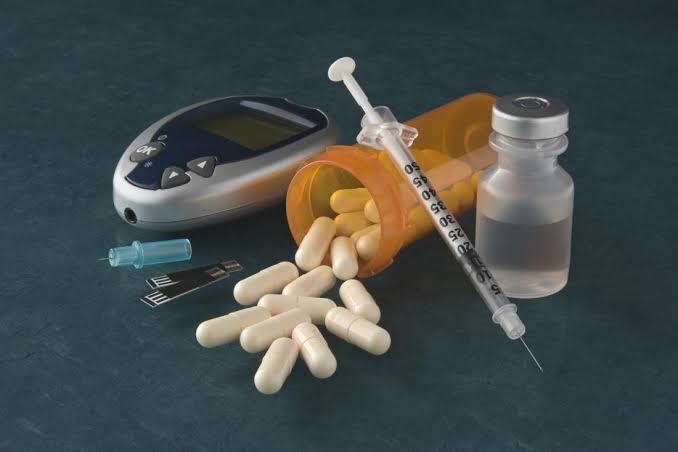Australian scientists have designed a new type of oral capsule that could one day mean pain-free delivery of insulin and other protein drugs.
Thousands of people with diabetes need insulin injections up to several times a day, which can be unpleasant for the patient and results in high healthcare costs.

According to Dr Jamie Strachan, from RMIT University, the capsule protected the drug inside so that it passed safely through the stomach to the small intestine.
“The capsule has a special coating designed to not break down in the low pH environment of the stomach, before the high- er pH levels in the small intestine trigger the capsule to dissolve,” said Strachan, from the School of Science.
“We package the insulin inside a fatty nanomaterial within the capsule that helps camouflage the insulin so that it can cross the intestinal walls.”It’s actually similar to how the Pfizer and the Moderna Covid vaccines work where the mRNA in those vaccines is also packaged within fats, helping to keep the drugs active and safe during delivery in the body.
“These vaccines contain mRNA, which is similar to DNA, to safely carry the instructions for making a viral protein within the body, activating our immune system.
Dr Celine Valery, a pharmaceutical scien- tist from RMIT and study co-author, said they used the same amount of insulin in the oral capsules and in the injection delivery.
The study, published in the international journal Biomaterials Advances, tested the
new oral capsule with insulin in a pre-clinical study, which assessed the performance of the oral capsules with both fast-acting and slow- acting insulin.
“When controlling the blood-sugar, you need a very fast response if you’re eating a meal. That’s known as fast-acting insulin,” said said co-lead researcher Professor Charlotte Conn, a biophysical chemist from RMIT University, from the School of Science.
👉 Click here to read the latest Gujarat news on TheLiveAhmedabad.com



